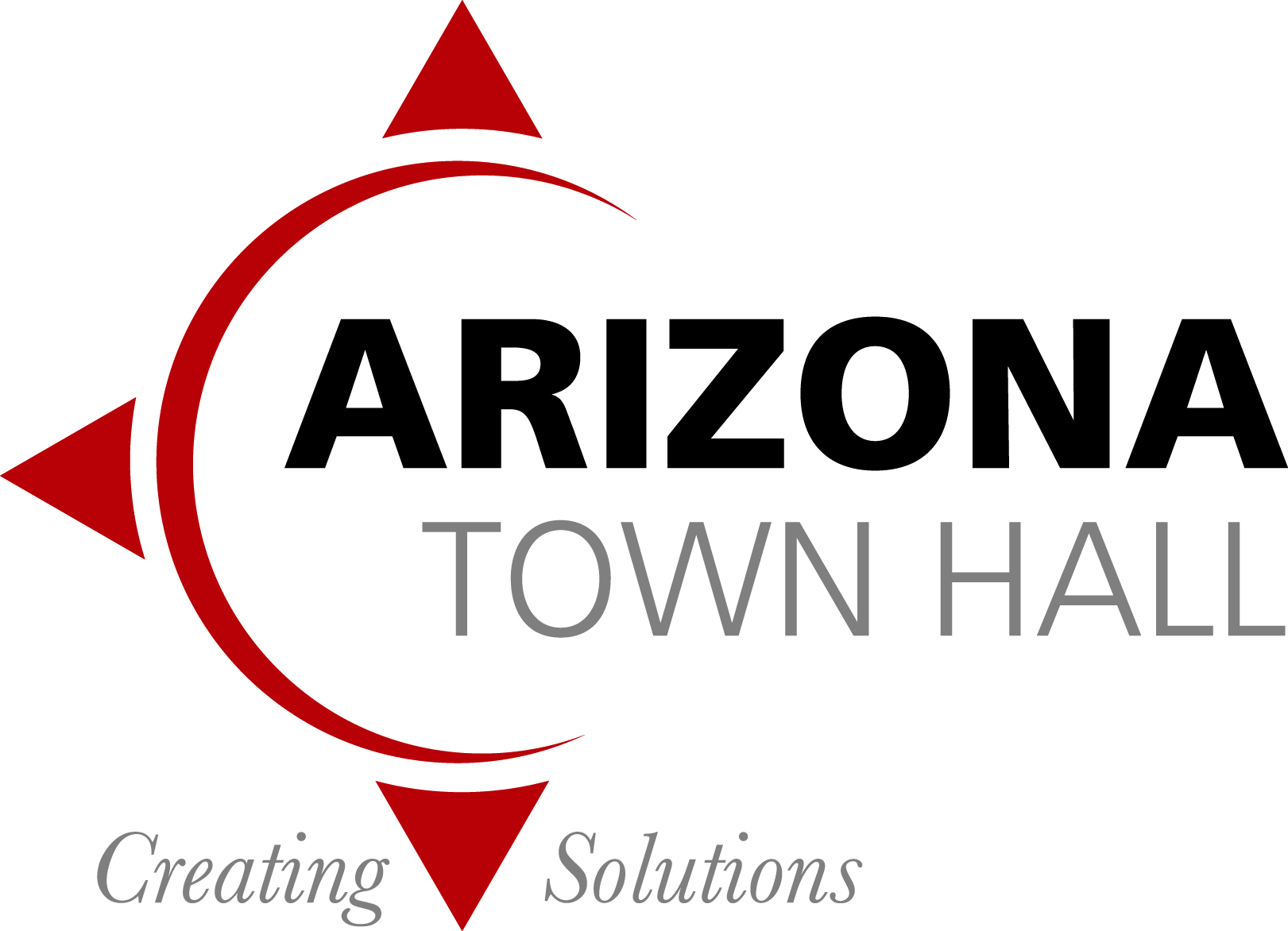ARIZONA TOWN HALL Educate. Engage. Connect. Empower. |
83rd Arizona Town Hall
The Realities of Arizona's Fiscal Planning Processes
Oct. 26 - 29, 2003
The careful balance between the needs and wants of citizens and the taxes they are willing to bear in order to meet those needs and wants probably will go down as one of the most challenging public policy debates of this decade. In determining how such a balance might be achieved, this Town Hall began by identifying what the principal responsibilities of government in Arizona are and then moved into spirited discussions on the processes that Arizona currently uses to accomplish its fiscal planning, the structural barriers that prevent or inhibit long-term planning, the public's confidence in Arizona's fiscal planning process and how the public can get a reliable sense of where and how public management succeeds, or fails, in putting our dollars to work where they are most needed and make the biggest difference. Following are just a few of their major recommendations.
- A long-term planning process should be established to give the state a framework for addressing various fiscal issues. Such a process should be established through a collaborative effort of the executive and legislative branches of state government.
- Arizona must provide for a long-term fiscal analysis in the planning process. The need for forecasting is critical; there should be a mechanism to allow for a joint revenue forecast not subject to political influence.
- Town Hall identified a number of structural barriers that prevent or inhibit long-term planning and strongly recommends eliminating or correcting some of these structural barriers as follows:
- Repeal term limits
- Extend state senators terms to four years;
- Increase public officials' pay;
- Repeal the supermajority vote required for tax increases and the limitations on legislative amendments to voter-approved initiatives;
- Require ballot measures that mandate spending to identify adequate increased funding for the General Fund;
- Reform the tax structure to be simple, fair and adequate.
- When used as originally planned, with safeguards in place to avoid its misuse, the Budget Stabilization Fund should be continued. There must be adequate limitations on the BSF so that it is available for use in difficult economic times only and is not raided when the economy is doing well.
- Town Hall recommends a constitutional change to allow for general obligation bonds to finance capital improvements.
- Arizona's congressional delegation should work hard to assist us in obtaining federal funds. Town Hall recommends that a state funded office be established in Washington, D.C. to work with Arizona's congressional delegation and federal agencies to obtain federal funds and on other state issues.
- There is a basic level of services for which it is the state's responsibility to provide for all Arizona residents. While defining the upper limits of that level is a matter of debate, the state should ensure that rural Arizona has the tools, authority and capacity to control its economic fate. Local governments, by local vote, should be empowered to levy new taxes without state control.
- State agencies should use needs assessments to ascertain a baseline from which to determine program objectives and priorities, which must be communicated to the public. Such analysis should not be limited to the fiscal planning process, but should include annual agency reports with financial information comparing the proposed objectives and budget with actual results.
Click here to download report details

